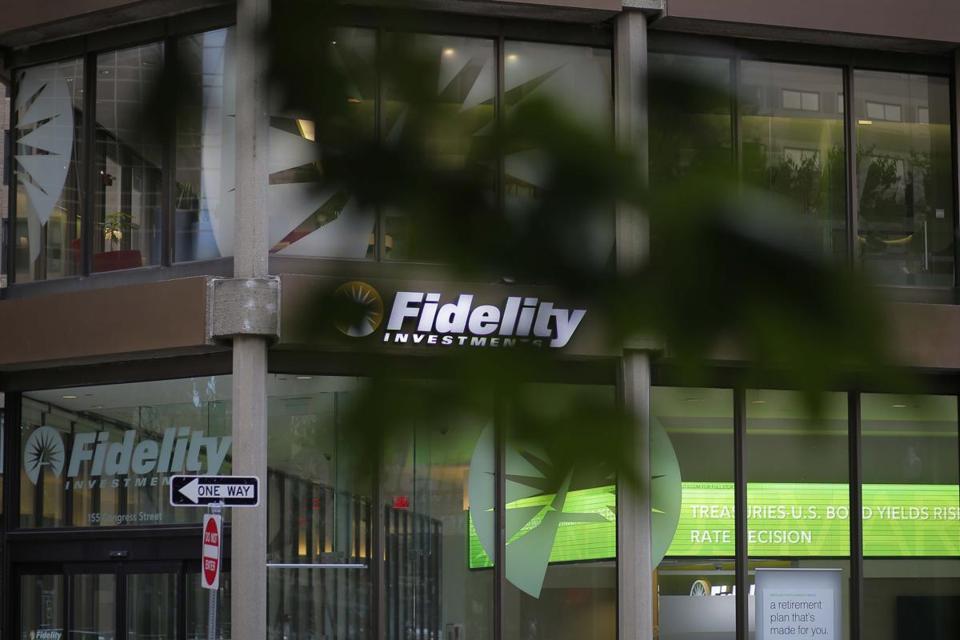
They’re the hottest deals in the venture capital world — startups like Uber and Snapchat owner Snap Inc., whose values soar beyond $1 billion long before going public.
In recent years, there’s been increasing competition to get in on these investments, known as “unicorns,” especially among mutual fund companies looking to gain an edge on investment returns. And according to a paper cowritten by Harvard Business School professor Josh Lerner, Boston’s Fidelity Investments has been the most active fund company in unicorn deals.
“Mutual funds are interesting in the sense that it’s not just some wealthy family or Saudi prince’s money — it’s our money,” said Lerner, who has tracked the venture capital business for 25 years.
He and two colleagues from other schools evaluated 99 big pre-initial public offering deals from 2009 through 2016, looking at 500 total rounds of financing worth $52 billion. Their analysis found that Fidelity participated in 56 rounds from 2009 through 2016. T. Rowe Price was second, at 33, and the Hartford Funds ranked third, at 32.
Other big players included Boston-based Wellington Management Co., an institutional manager that oversees some of Vanguard Group’s mutual funds, and BlackRock Inc., of New York.
Lerner and his colleagues concluded that mutual funds contribute about 20 percent of the total funding for unicorn investments, and that mutual funds’ holdings in such companies have increased dramatically, to more than $10 billion in 2016 from $1 billion in 2009.
While the creation of unicorns has slowed somewhat since 2015, there are 211 of these large private startups in the pipeline globally, with a cumulative…

